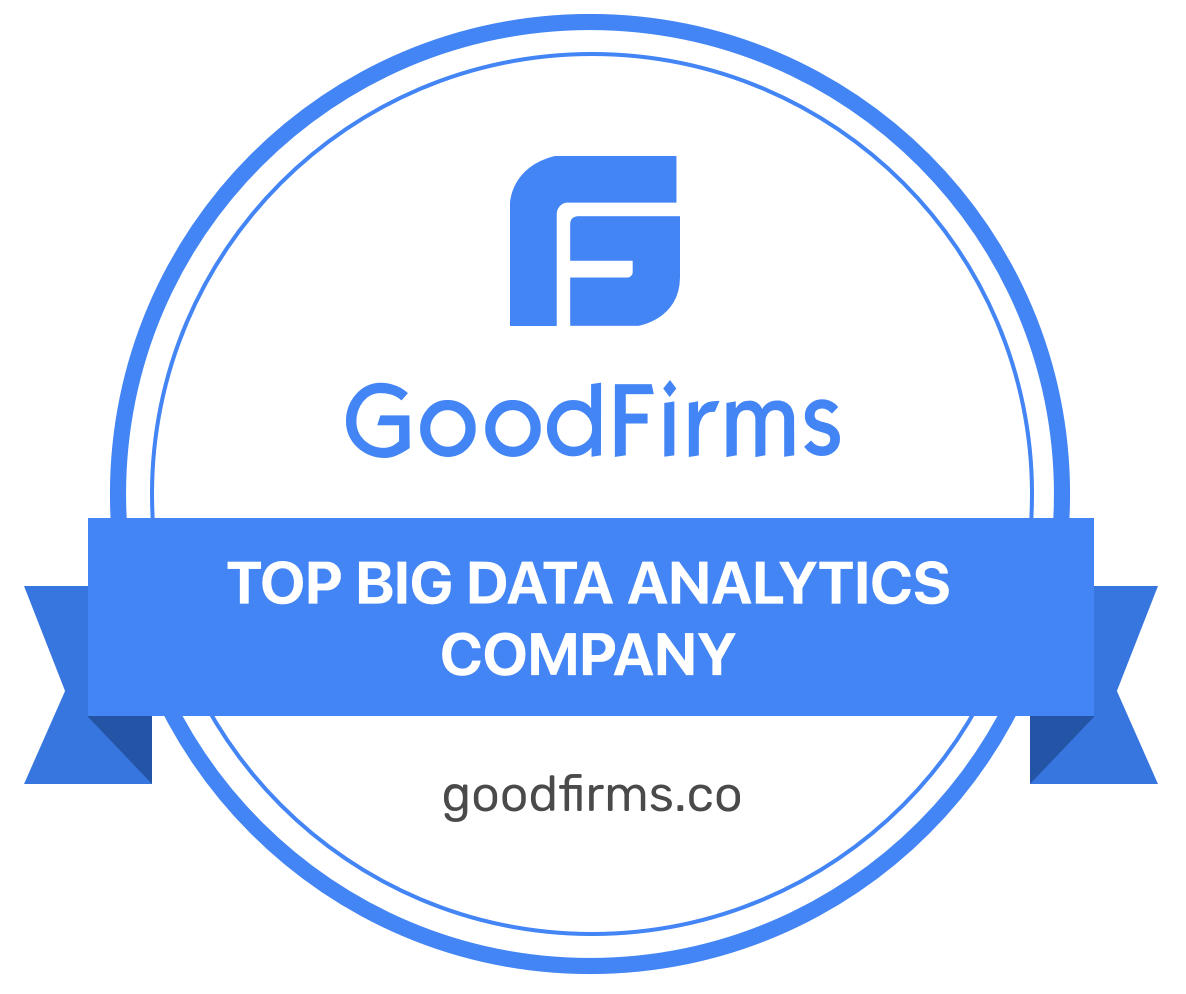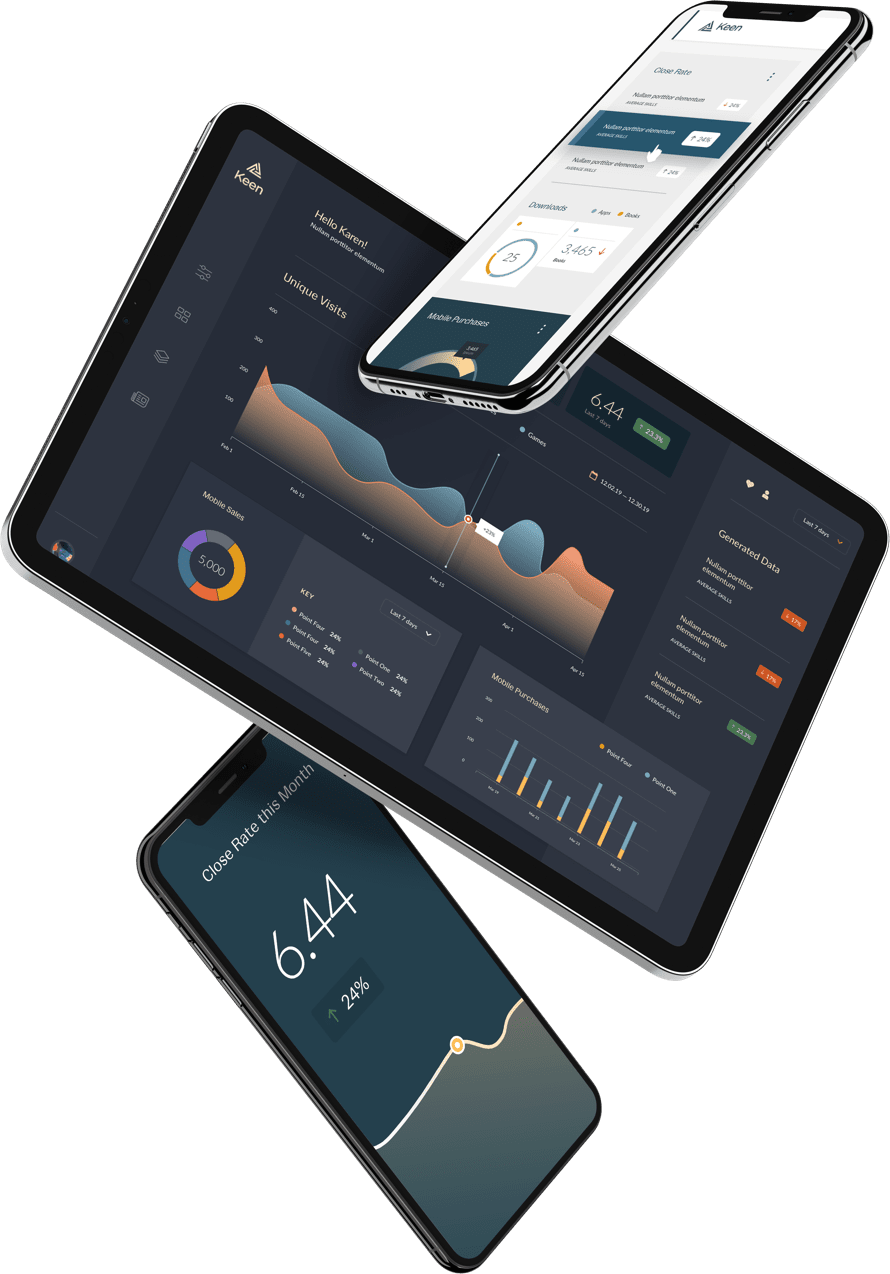Let’s talk about platforms.
The word “platform” doesn’t just mean “an ambitious product” — products and platforms differ, not merely by degree, but by kind.
When someone makes a product, they go after product-market fit: they do lots of smart things to predict it and act on these predictions.
On the other hand, to make a platform, a person must have the discipline and patience *not* to act on their predictions about market-fit. This is because, in a platform business, product-market fit is an emergent phenomenon: a product is a plan, but a platform is a heuristic.
Meanwhile, the analytical tools of the venture capital world are ill-equipped to detect platform potential, as they are plan-dependent.
The true economic advantage of a platform business is that it can harness unpredictability. A platform is antifragile: it eats chaos.
But traditional business thinking is all about *increasing* predictability at all costs. This sort of thinking clearly predates software.
One way software businesses increase their predictability is by disempowering + disbelieving their users. (“You’re not using it right!”). But a platform business does the opposite: it hands the users a bunch of Legos, then says, “We can’t wait to see what you build!”
A platform business intentionally creates disorder, because it knows how to gain from the disorder and its product competitors do not.
What a product company sees as distraction, a platform sees as adaptation. Inconsistency -> diversity. Redundancy -> fault tolerance.
Product companies emerge from an individual’s need to control. Platforms, from a collective’s need to empower.
The paradox in VC is that platform companies need a lot more capital to start moving, but have a harder time raising it.
One big reason for this is the attempt to make an apples-to-apples revenue comparison between product and platform companies.
But a dollar earned by a platform is far more valuable than a dollar earned by a product, because it is diversified across use cases.
A true platform is not merely diversified across the use cases that exist today, but across the unbounded set of what will emerge tomorrow.
A product company must continue to innovate — internally — at an ever-increasing rate in order to grow.
A platform company can rely on its *user community* to create an escalating innovation curve, which grows said community even faster.
Minecraft will be increasingly fun and drive increasing revenue, even if the game’s creators stop creating things, because it users will not.
A product business is best when it is predictable, like a factory farm. A platform business is the inverse, like a rainforest.

A rainforest teems with surprises, spontaneously generating new medicines and new species. In a farm, a surprise is called a “weed”.
We celebrate Jobs for the iPhone, ignoring the fact that he opposed the App Store. Control freaks always prefer products to platforms
But it was the platform (App Store) that made the iPhone product successful. Control-based business thinking is a relic of slower times.
Platform businesses can generate enormous, longterm economic value that is indexed across many industries. But that growth takes time, and requires a few key ingredients:
- Humility — platform makers believe that the minds *outside* our four walls are greater than the minds *inside*
- Patience — don’t take the Legos out of the kid’s hands because they haven’t made anything cool yet: they will!
- Trust — it’s impossible to create a platform if you don’t trust your users to act on their own insights (or if they don’t trust you)
—
This post was adapted from a tweet storm from May 2015.
Keen IO is a cloud-based event data platform that lets businesses collect, enrich, stream, analyze, and act on historical events at a truly massive scale — all via API.



